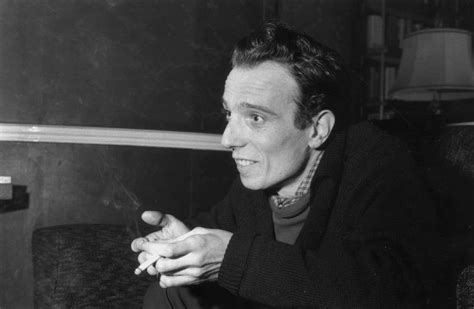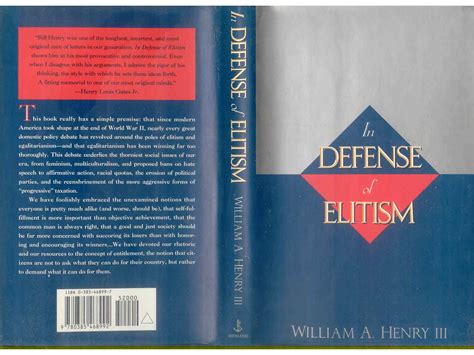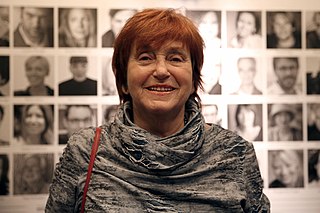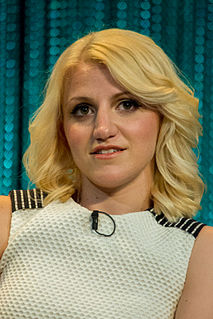A Quote by James Arthur
And treating poetry as a performing art emphasizes its ephemerality. A printed poem can be endlessly reprinted, photocopied, scanned, uploaded, cut and pasted - but a performance, even if somebody's there with a video camera, is one time only: the audience experiences something that won't exist when the performance is over, and which won't ever be reproduced in exactly the same form. I find that appealing.
Related Quotes
There is no one who can stop you; you find a mic, a crowd, a set of ears, and nowadays, a camera and YouTube, and you recite your poem. You have your say. I don't want to over-romanticize it: of course, any time an art form ascends, especially when competition is involved, there will be gatekeeping, chauvinism, and other unfortunate dynamics. But the beauty of spoken word and performance poetry is, by and large, its ability to reach people in the moment - right there, right then.
Motion capture is exactly what it says: it's physical moves, whereas performance capture is the entire performance - including your facial performance. If you're doing, say, martial arts for a video game, that is motion capture. This is basically another way of recording an actor's performance: audio, facial and physical.
My interest in time emerged out of an engagement with the media that I was working with. Film and performance are temporal media. They rely on time. When I'm carrying out a performance, it matters, for example, how long I hold one particular gesture or posture. Seriality is very important too. Performance can be used to dilate time or to repeat time. And video, in turn, has its own time.
A huge part of what we do as actors is learning to ignore the camera, as if it's not even there, while simultaneously being very aware of the camera and what it's capturing, because you can give the best performance of your life, but if you do it with the back of your head facing the camera, it's going to get cut from the movie.
I think that poetry is an act of celebration, that anytime you're writing a poem, it means that you're celebrating something, even if it's a sad poem, if it's an angry poem, a political poem or anything at all. The fact that you're taking the time and energy to pick up this thing and hold it to the light, and say, "Let's take some time to consider this," means that you've deemed it worthy enough to spend time on - which, in my opinion, is celebrating.
I made my performance debut in New York City downtown on the Lower East Side in college doing awkward performance art as a go-go dancer at Lady Starlight's Party. And I never thought that my love for mediocre performance art and bad mime would ever come to use in my career as an actor. But my fantasies came true and I got to play Maureen in Rent.
Poetry is perhaps the oldest art form. We can go back to an age-old idea of naming things, the Adamic impulse - to give something a name has always been an immensely powerful thing. To name something is to own it, to capture it. A poem is still a kind of spell, an incantation. Historically, a poem also invoked: it was a blessing, or a curse, or a charm. It had a motile power, was able to summon something into being. A poem is a special kind of speech-act. In a good poem there's the trance-like effect of language in its most concentrated, naked form.

































